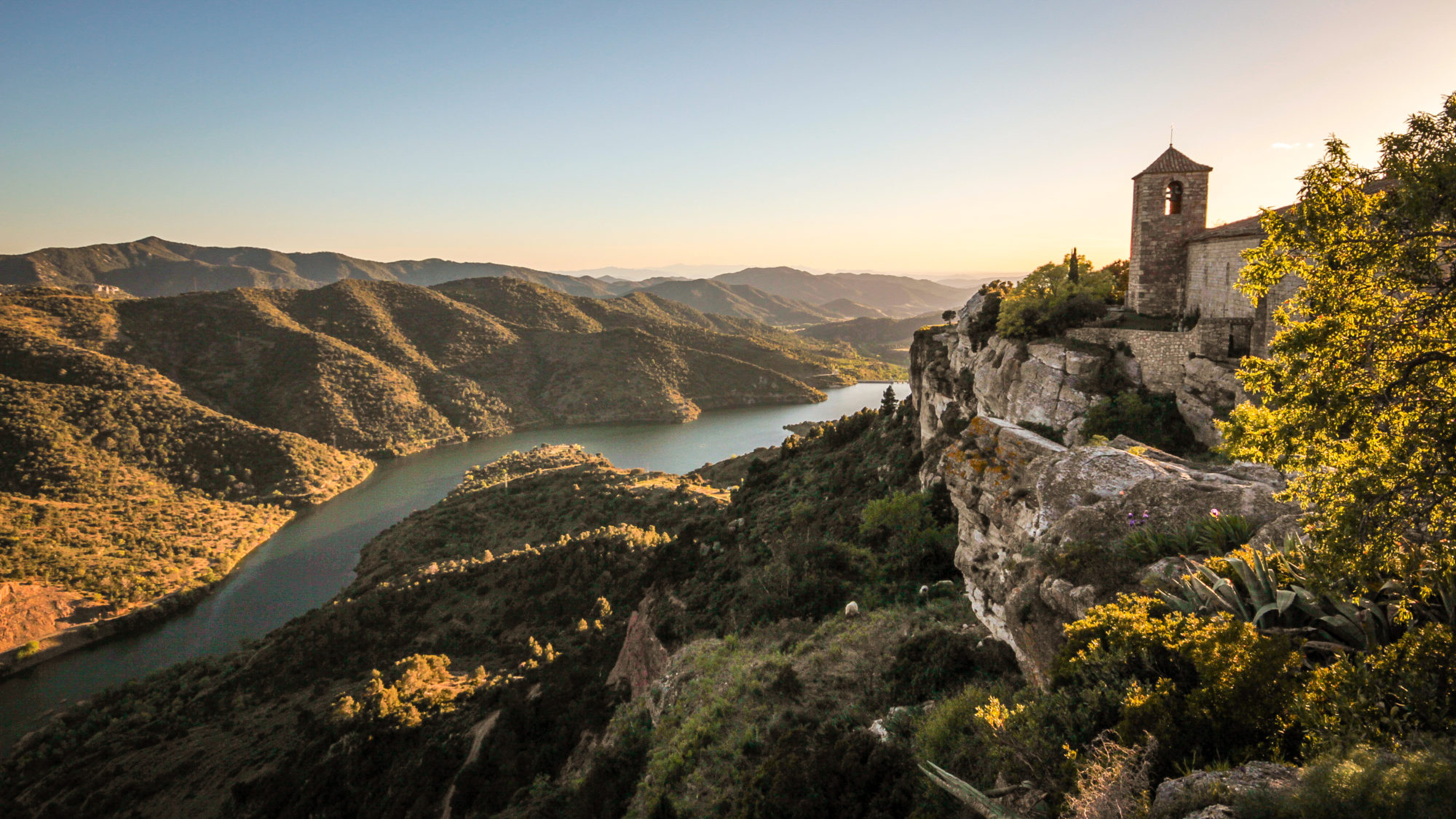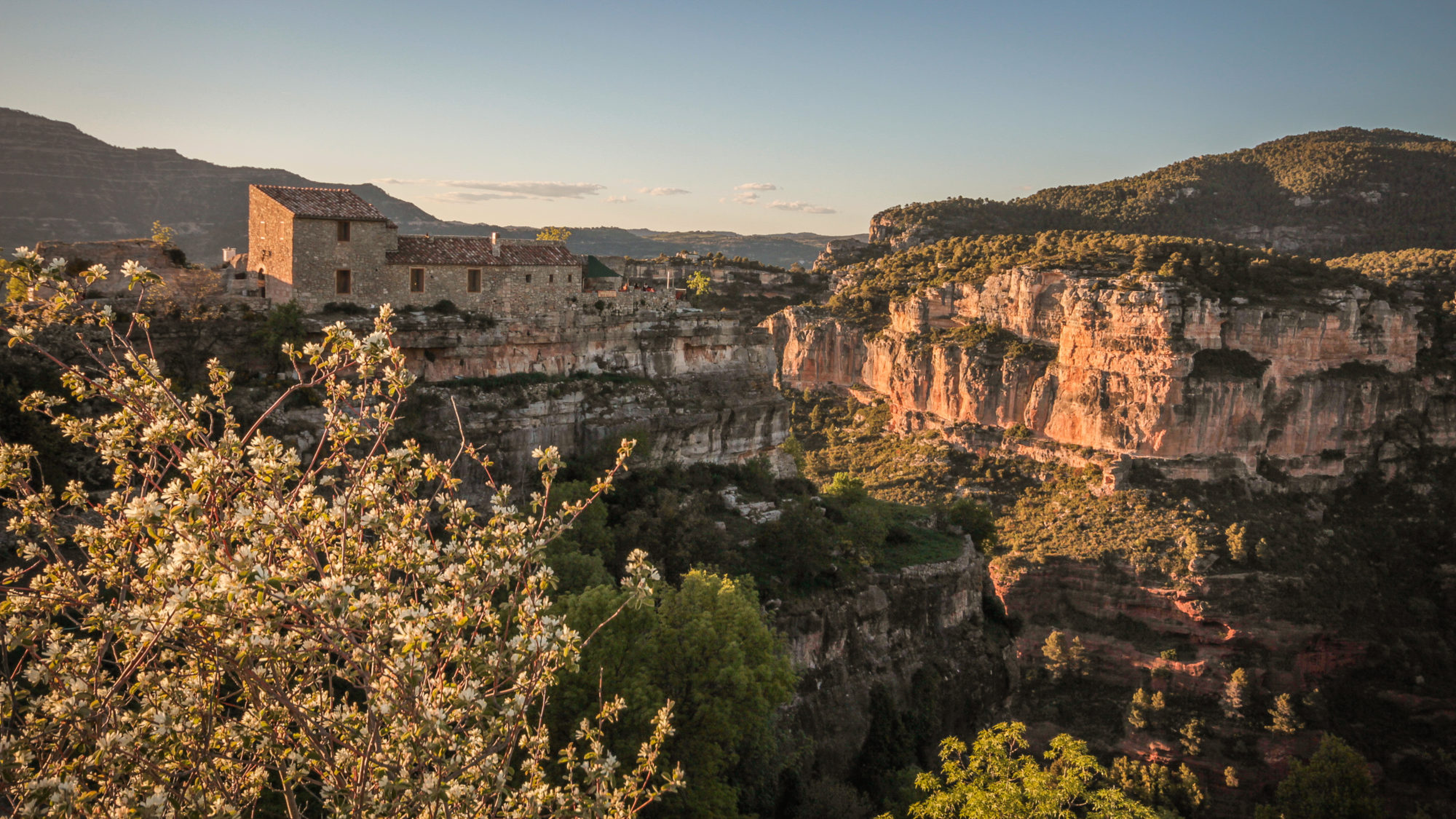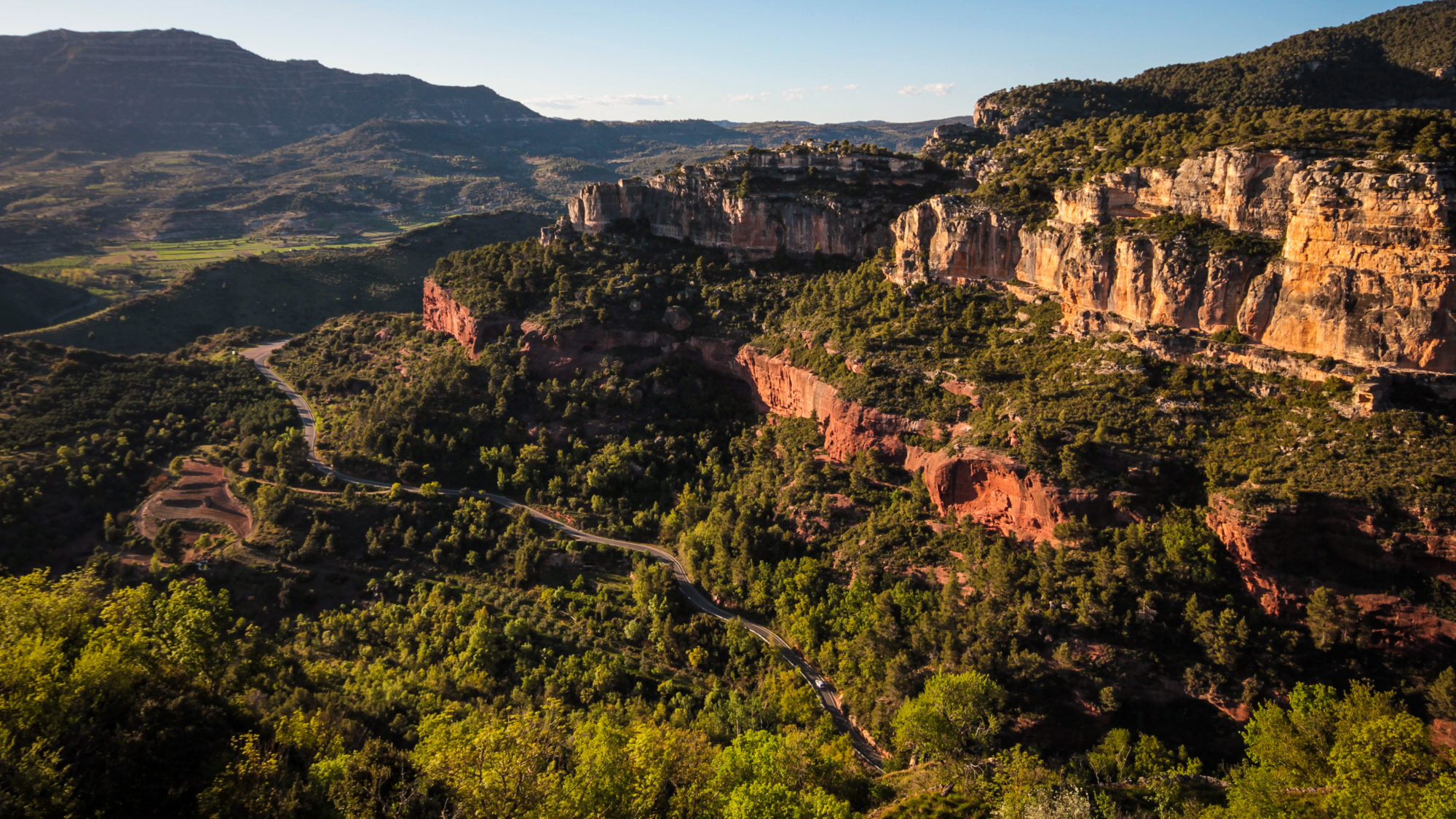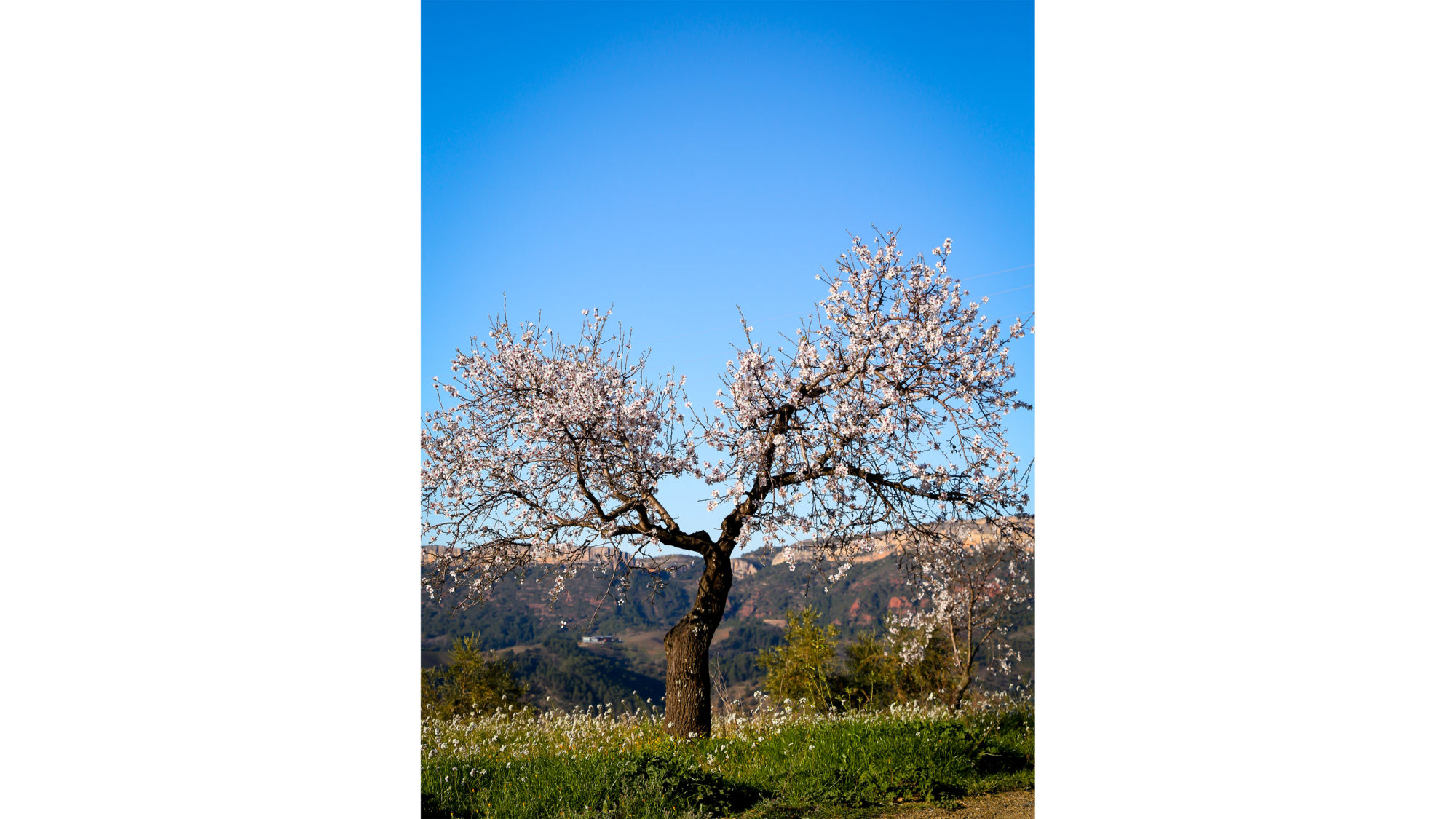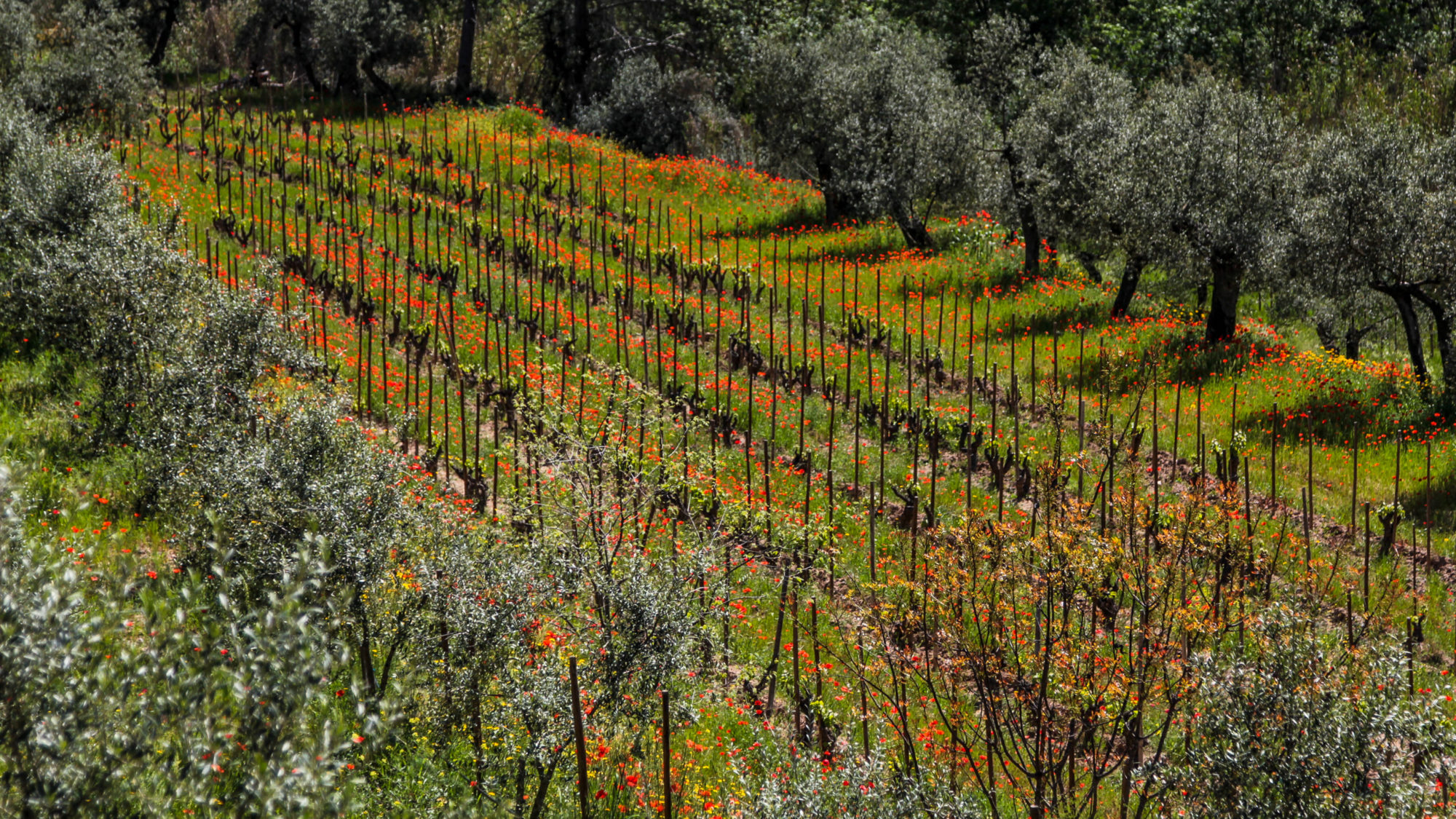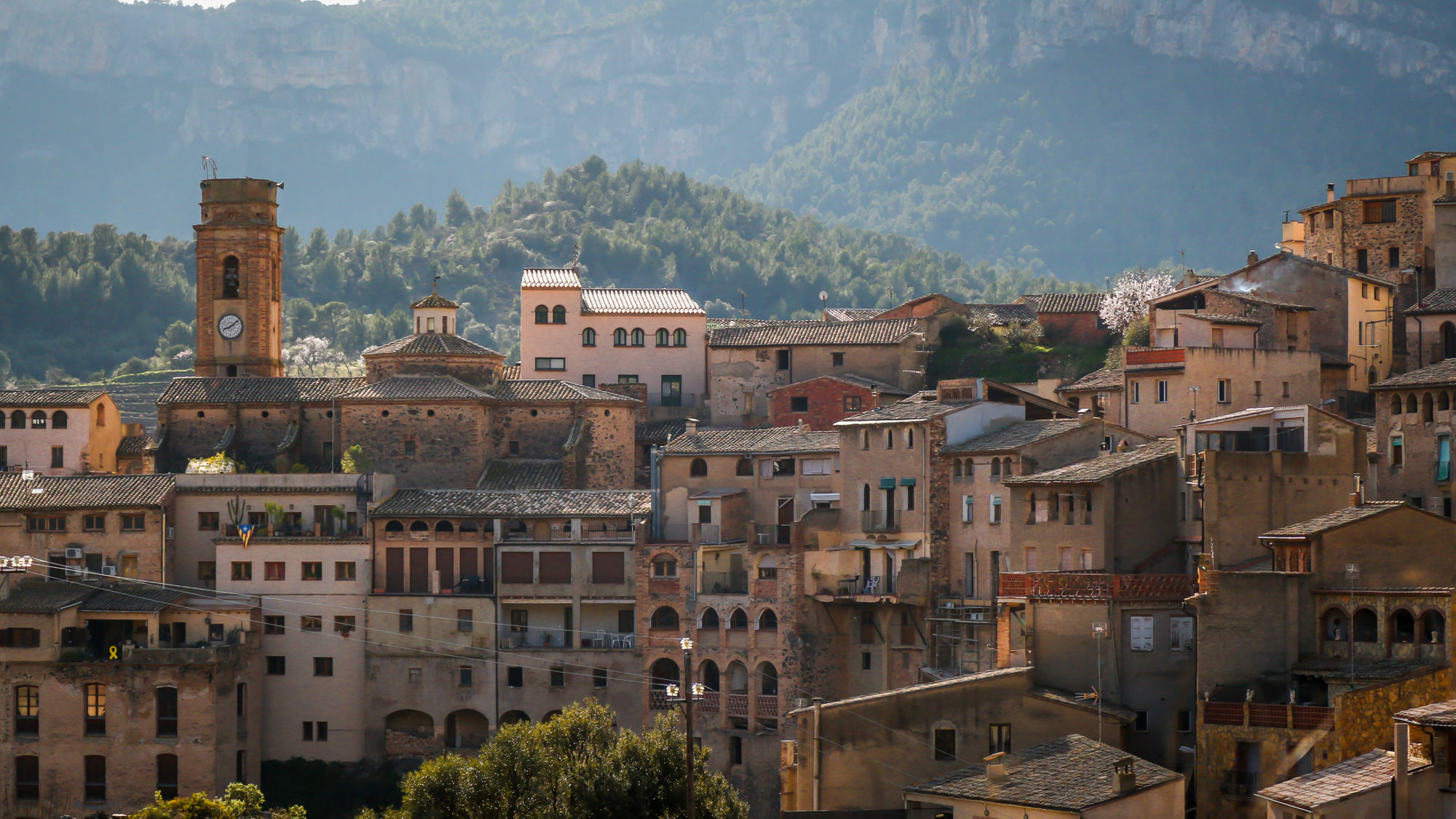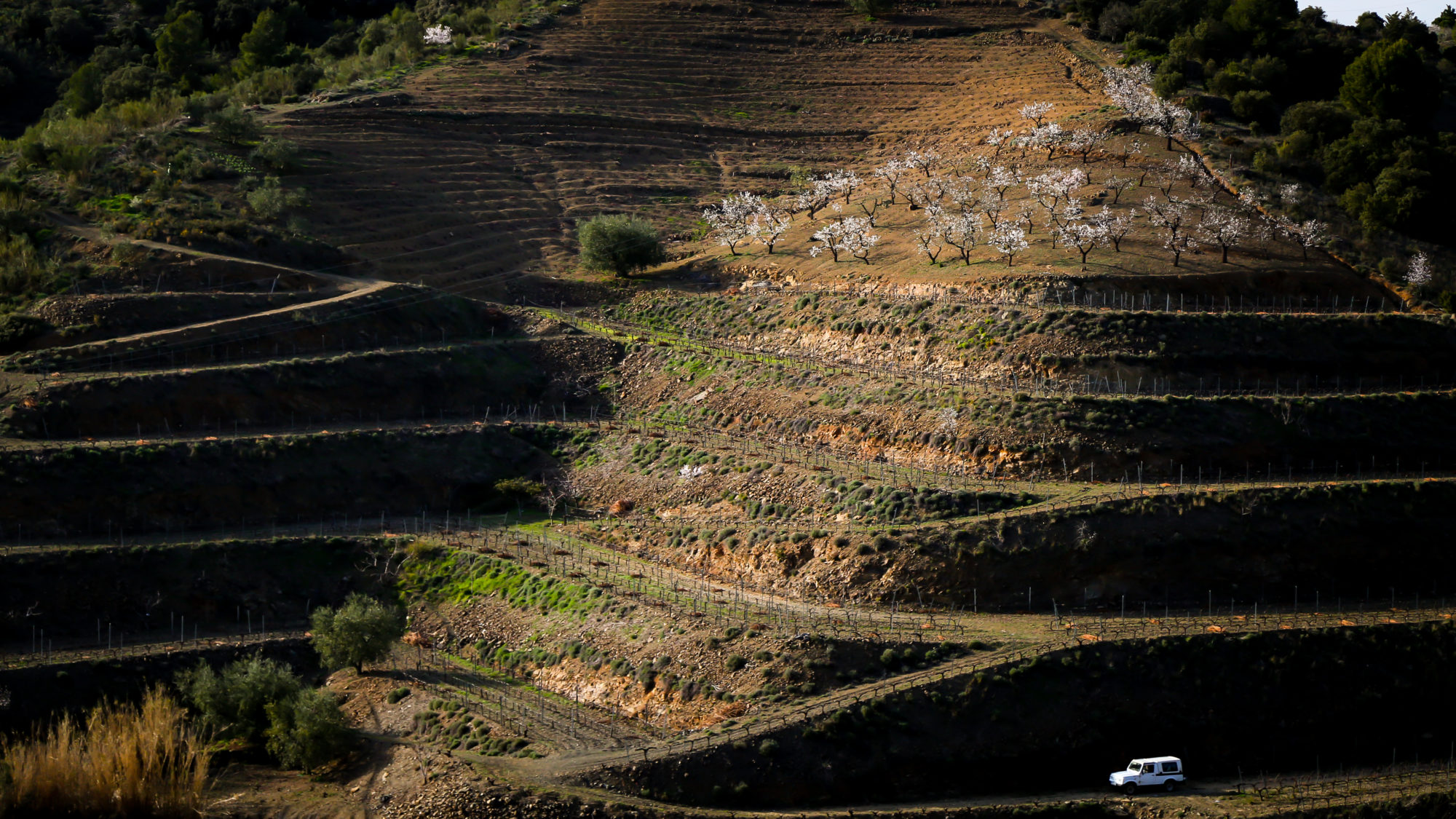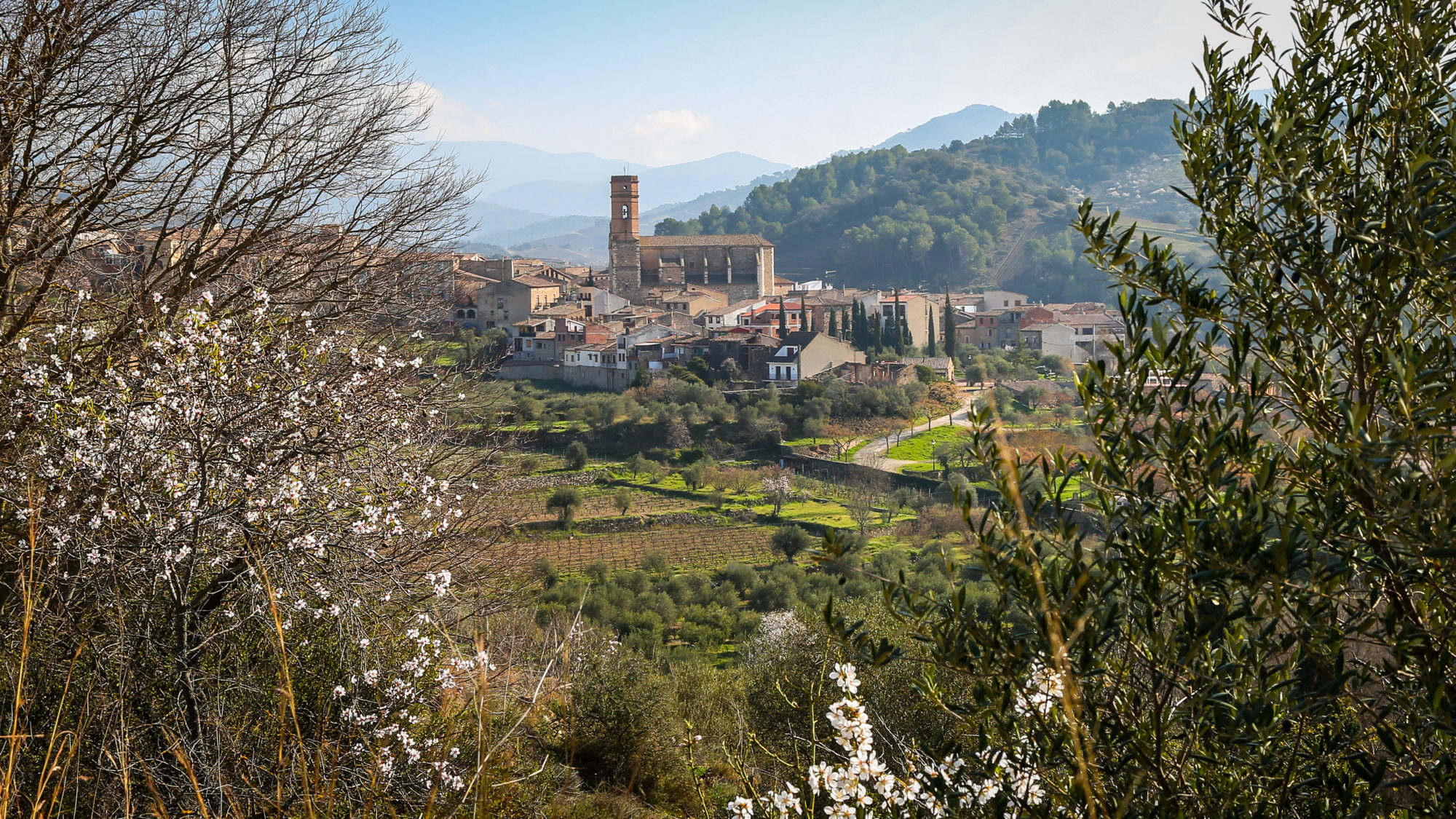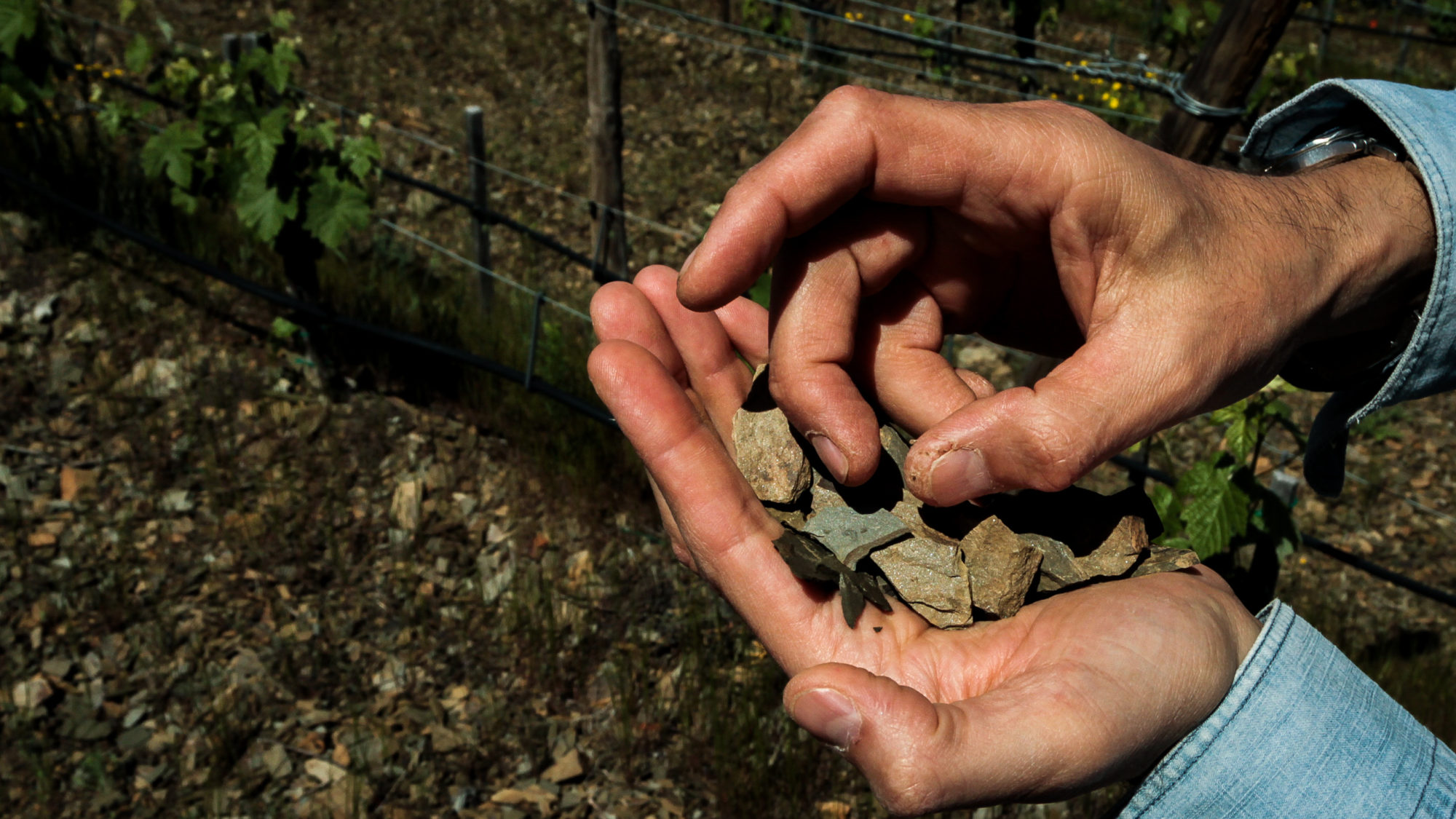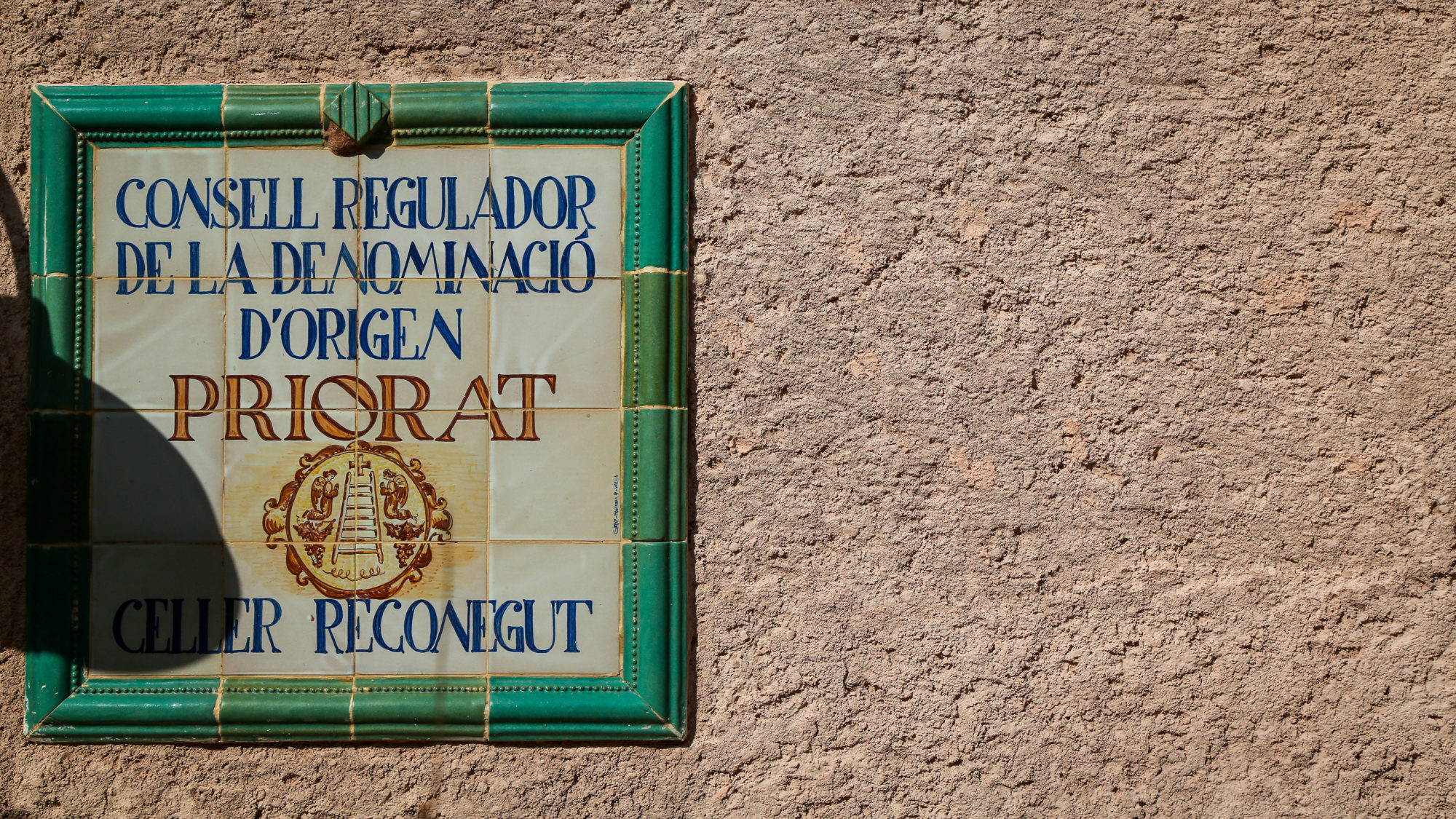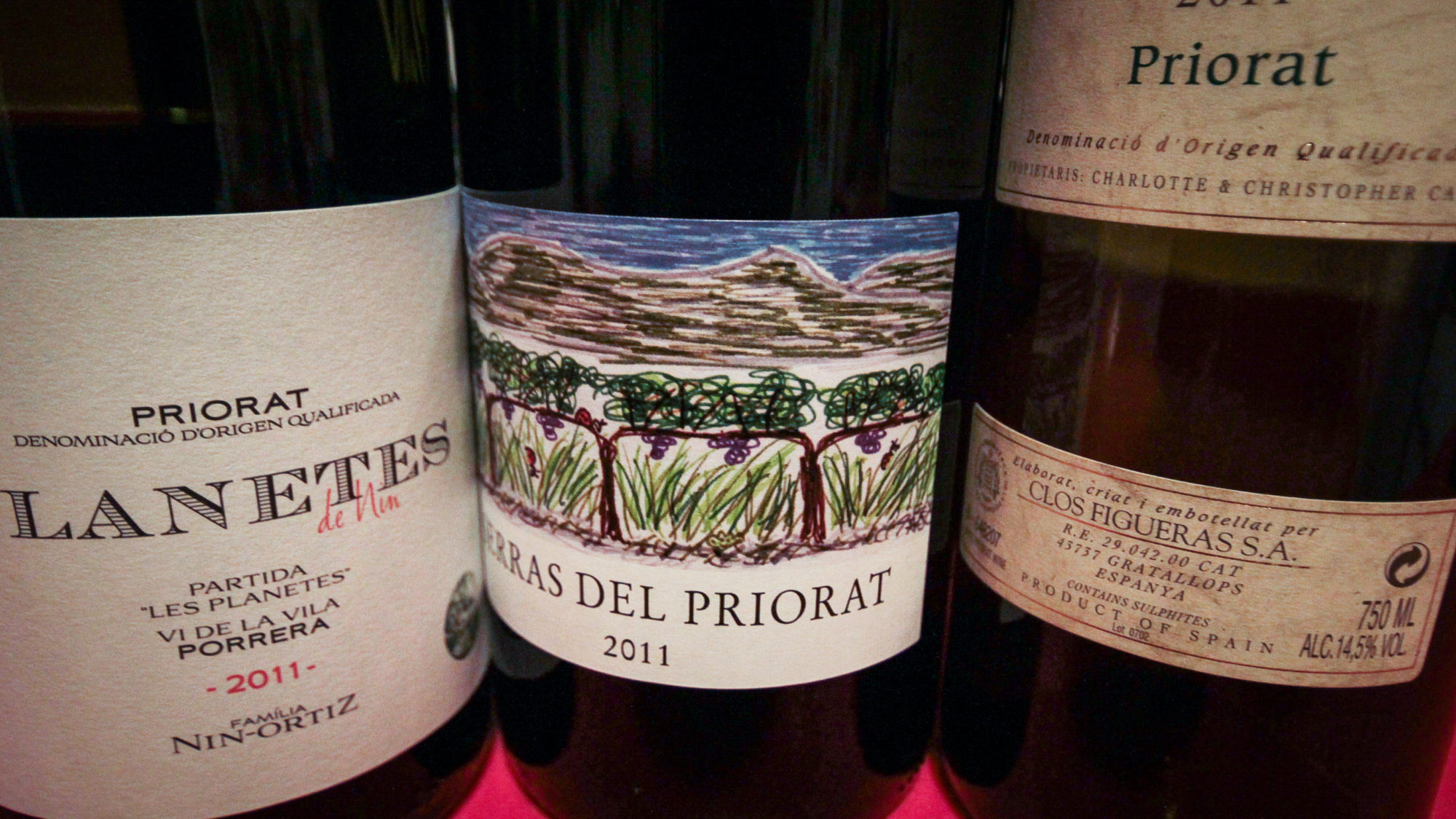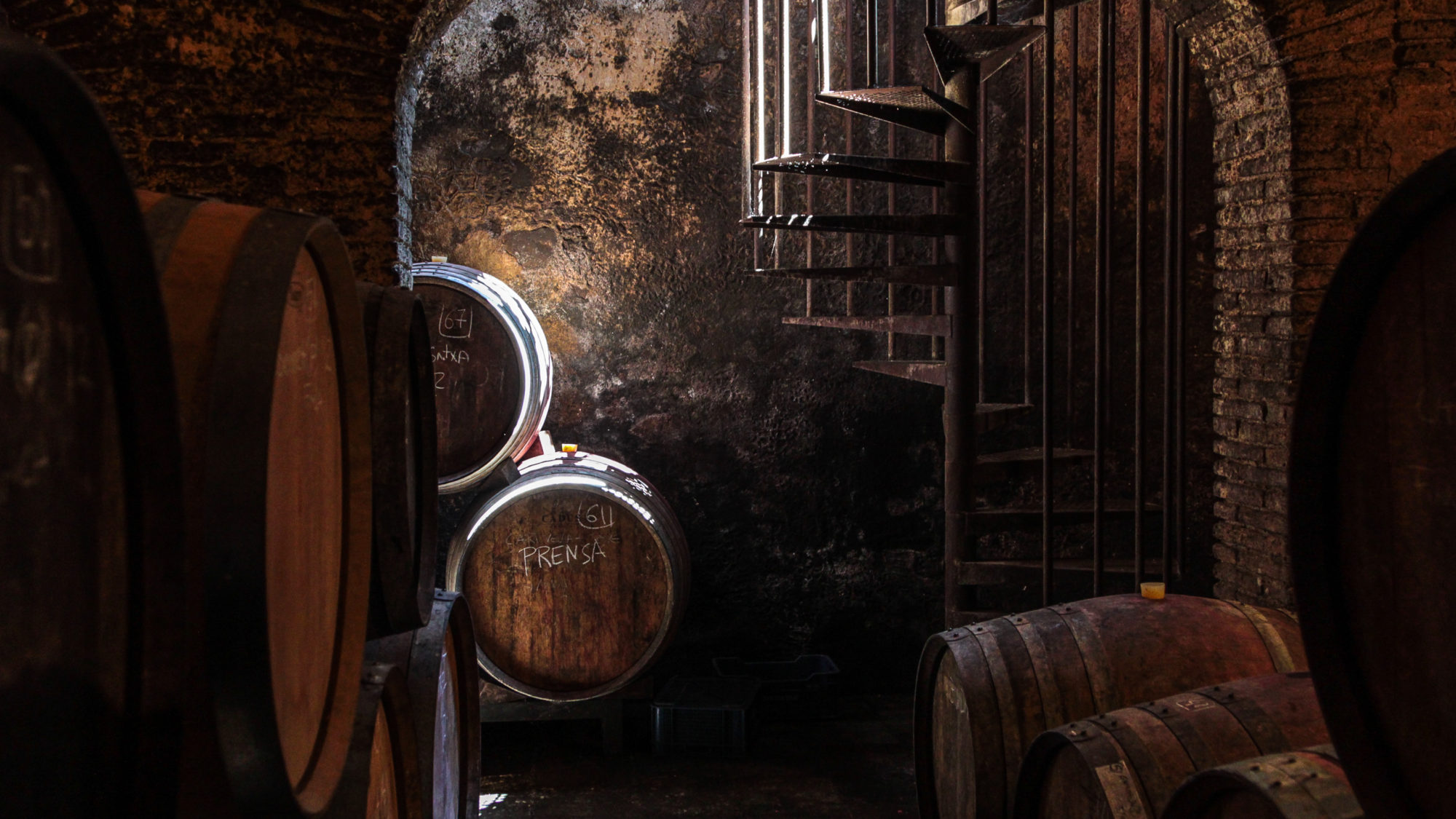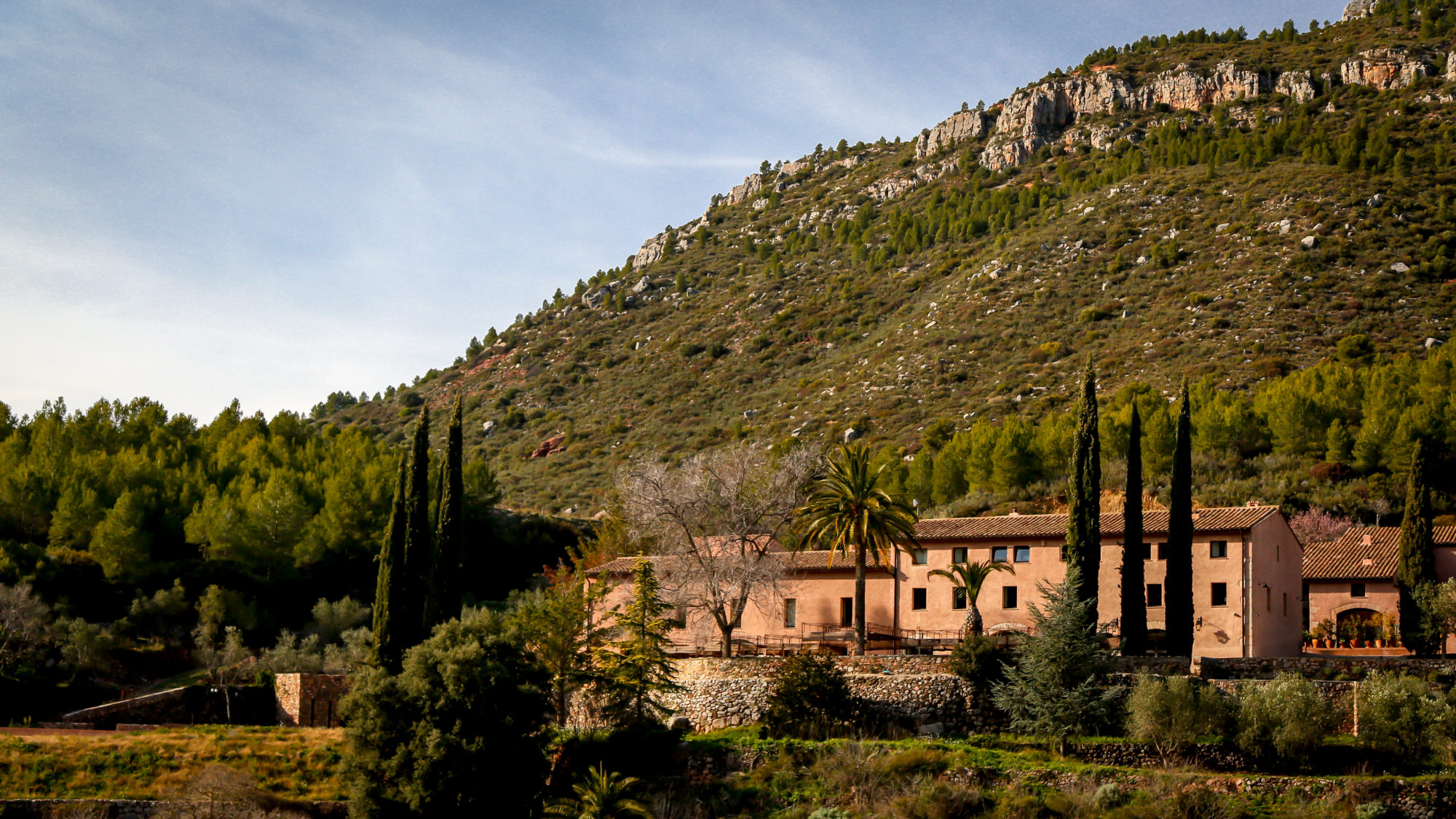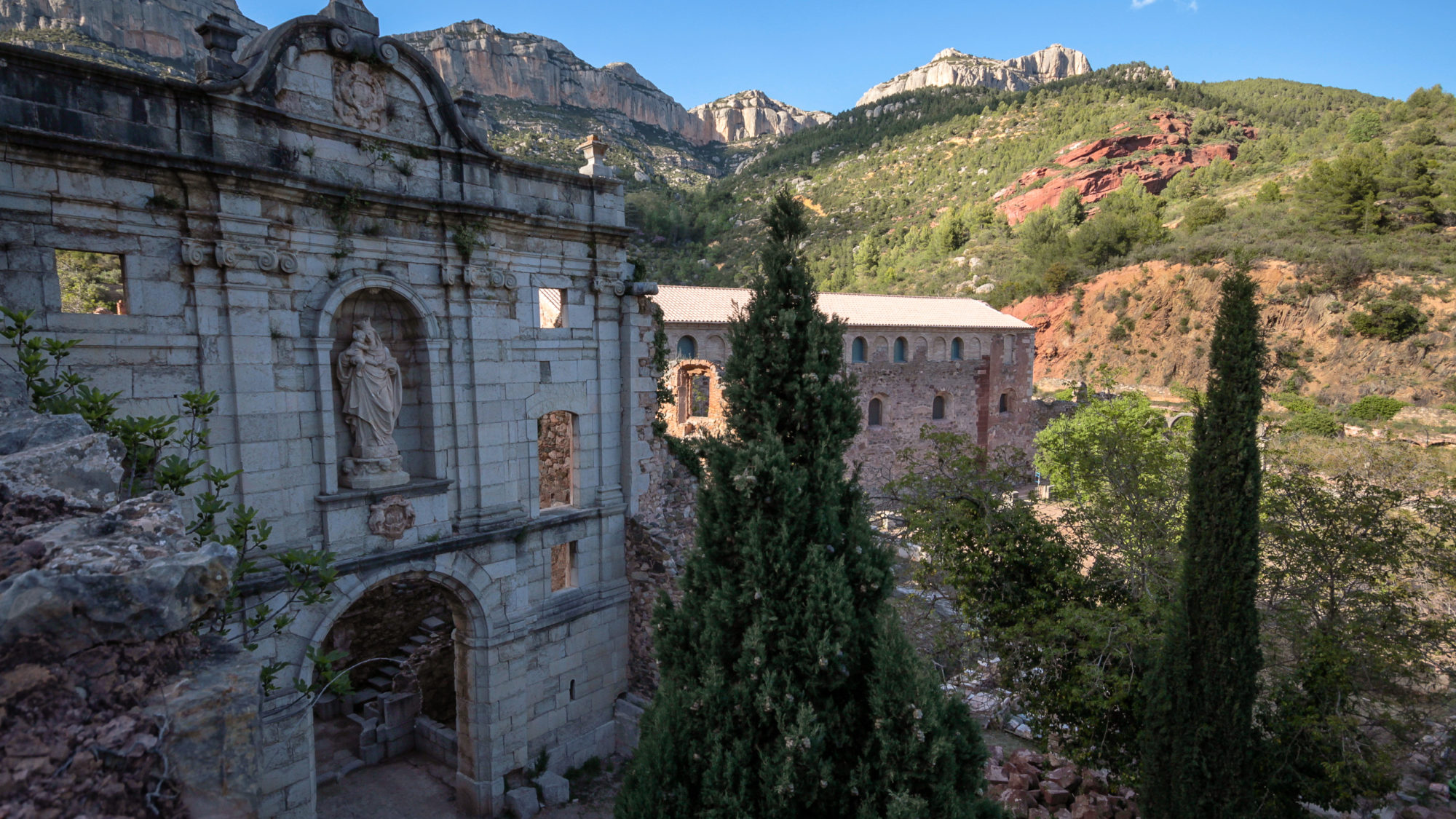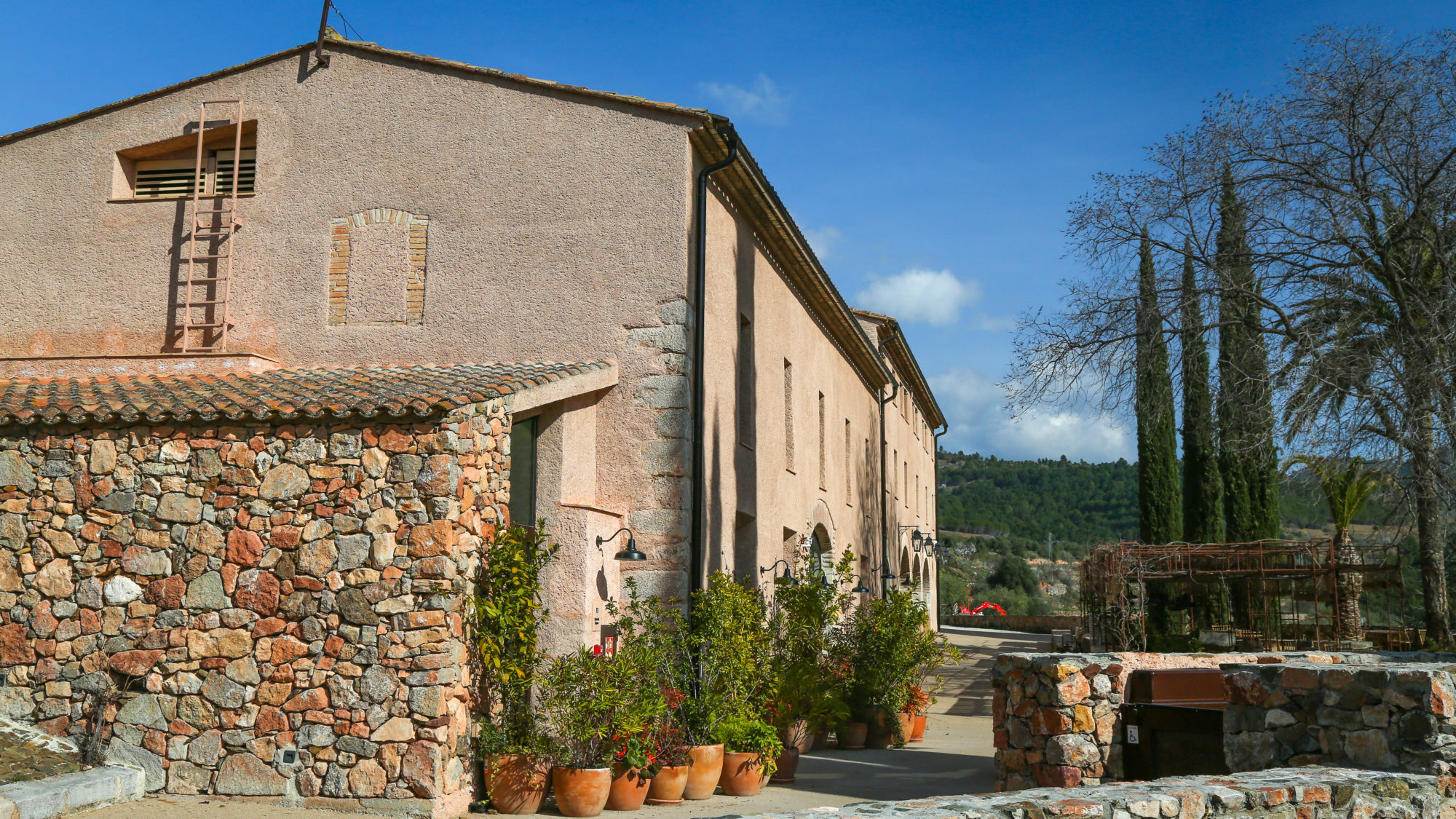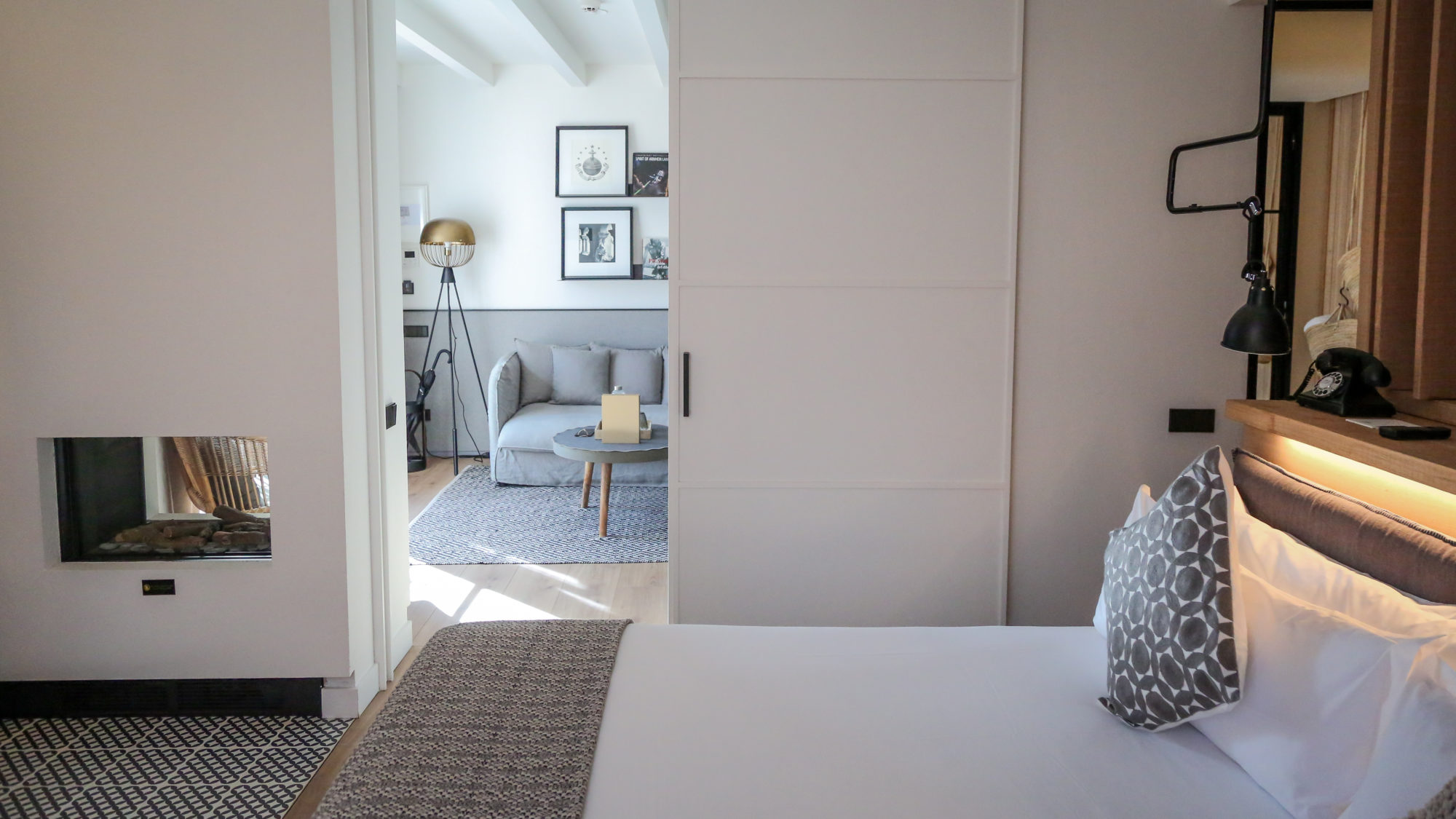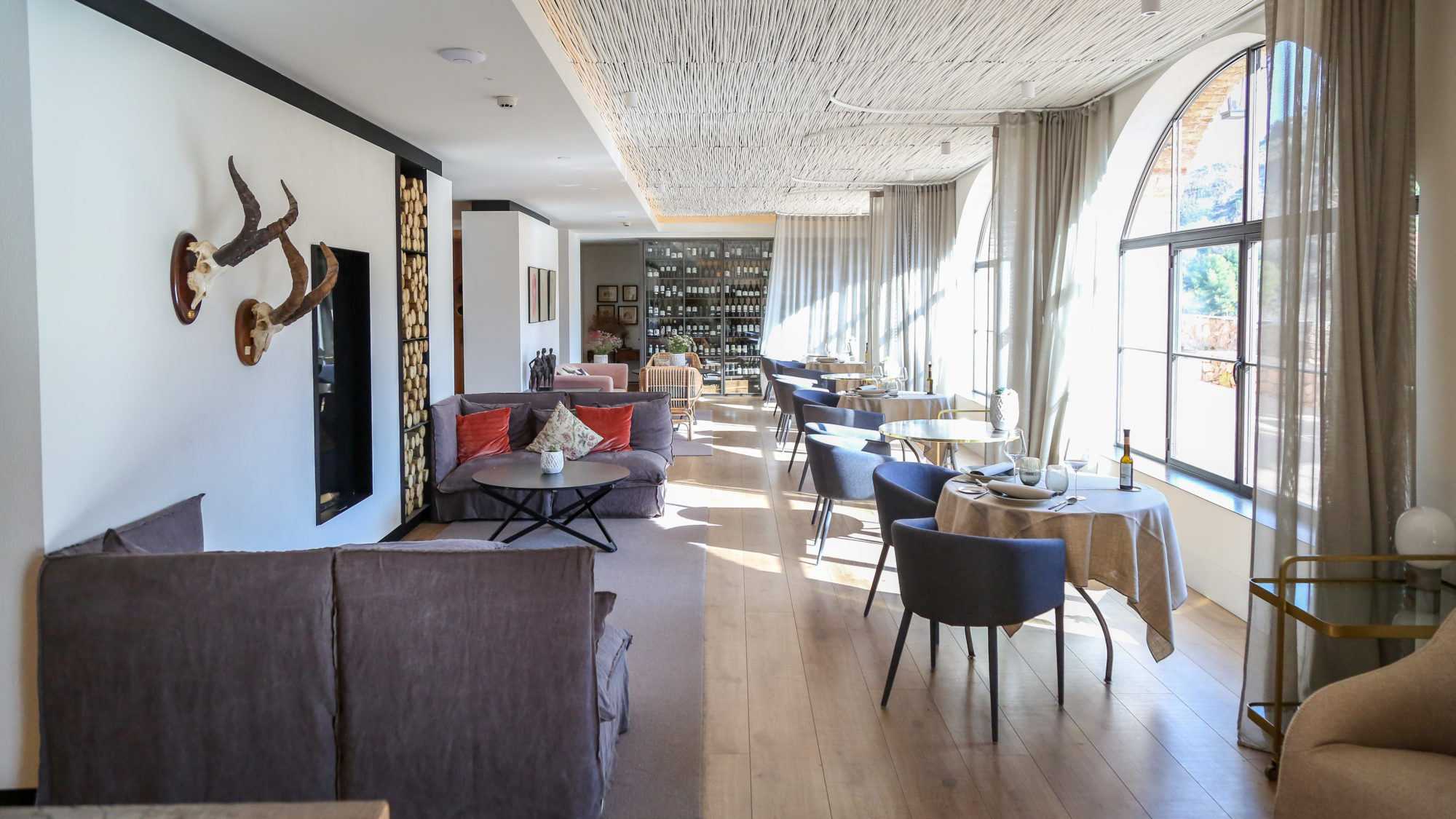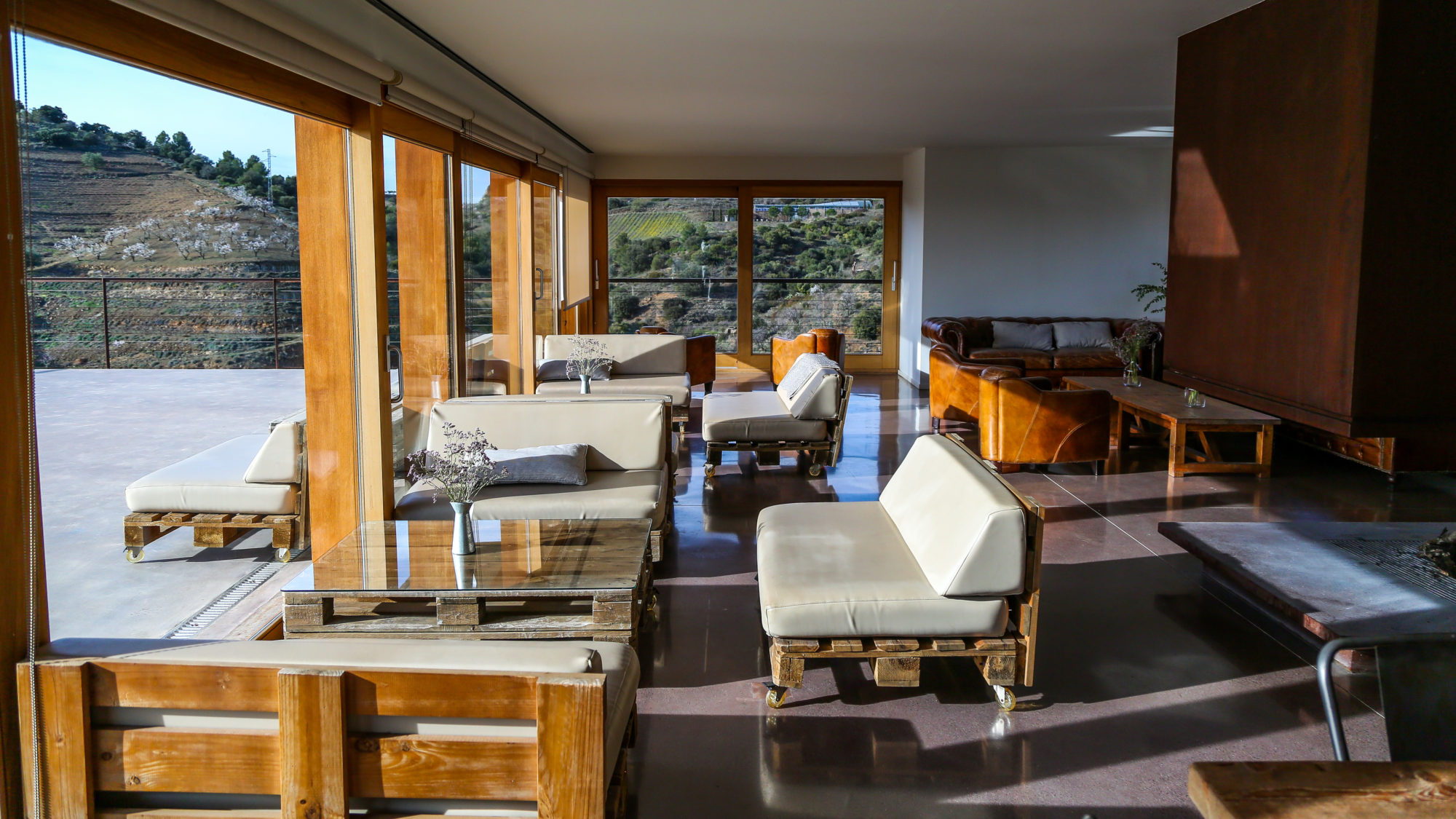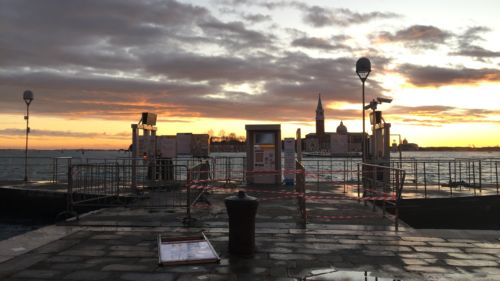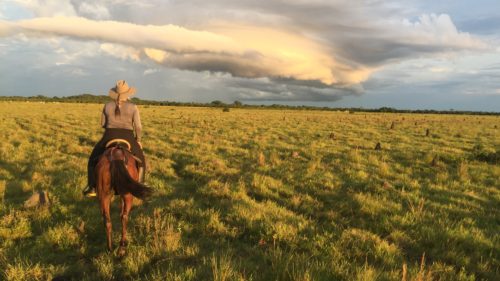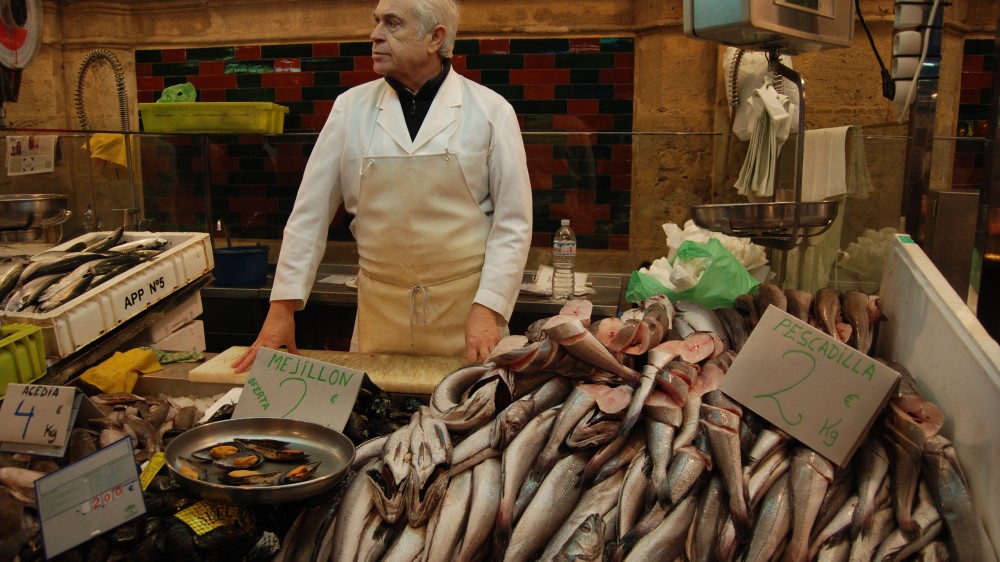Priorat Priorities
I’ve never met a wine-growing region I didn’t like. But there’s a difference between producing wine and cultivating a wine culture, and the best measure of how successful a wine-growing region can be lies not just with the quality of the wines they produce, but how well the place weaves together the distinct threads of culture, history, tradition and, last but not least, terroir. The Priorat region of Catalunya scores high on all four, and when we’re talking about a region that barely appears on a roadmap, the reward of discovery is all the more thirst-quenching.
Priorat’s story, at least for our purposes, begins in the 11th century when Carthusian monks from Provence founded a monastery in Scala Dei in the foothills of the Montsant mountains, the first of its kind in Iberia. The monastic order was dissolved in the 19th century and the monastery pillaged by ungrateful locals, but the monks left behind hundreds of years of agricultural tradition. Hear this wonderful polyphonic chant based off discoveries of centuries-old manuscripts at the monastery. It’s the sound of angels singing.
And the angels have reason to sing. The Carthusians brought their French grape varietals with them, coaxing wines from them in the rocky local soils, which today continue still to produce the signature Scala Dei wines. But while Scala Dei survives and thrives, the modern day success story of the region lies with “outsider” winemakers such as René Barbier and Alvaro Palacios. They are among a small group of winemakers who saw potential early on in a region that had languished for decades in obscurity (the dreaded phylloxera all but decimated the region as it did in most of Europe at the turn of the 20th century).
Priorat of just a generation ago was an isolated outpost comprised of a handful of stone villages, steep hills, and terraced vineyards (reminiscent of the Douro region in Portugal) with unforgiving slate and schist rock that would suck up any moisture and leave the local vegetation bone-dry. What wine was produced was from local cooperatives and sold in bulk for mere pesetas to the litre.
Recognizing that with the right approach and careful management these unique soils were capable of producing bold wines, visionaries like Barbier, Palacios and Daphne Glorian tended the traditional varieties of Garnacha (grenache) and Cariñena (Carignan), both legacies of the Cartusians, and they also introduced more international varieties to blend with, such as Syrah and Cabernet Sauvignon. The steep terrain of Priorat means that viticulture and harvests are done by hand (and at times, with the aid of donkeys) ensuring a quality product. Thanks to lower yields and production, coupled with the know-how of the likes of oenologists like Palacios (himself from one of the most prestigious wine growing families in La Rioja), Priorat quickly carved out its niche among top quality Spanish wines, earning one of only 2 D.O.C.s in Spain (Denominación de Origen Calificada), the highest designation. The only other region in Spain to carry this seal is La Rioja.
I’ve loved the Priorat for as many years as I’ve been drinking Spanish wine (more than I care to count at this stage), but until now, the Priorat’s accessibility for wine tourism was questionable, undercut by the lack of decent boutique hotels that would tempt the visitor to do more than just a long day trip from Barcelona or Tarragona.
Enter Terra Dominicata, a project that is sure to expose Priorat to a wider audience. Technically located in the adjacent Montsant wine-growing region, the location could not be more ideal: set at the foothills of the Sierra de Montsant with the Scala Dei Monastery within hiking distance, and near to the best family-owned Priorat wineries (all of which we arrange private visits to). Built from some of the old granaries and stables of the monastery’s Cartusian monks, it’s a modish but comfortable and relaxed base for a deeper dive into the region, with its own wine production (visits and tastings of their bodega are included as part of your stay) and an excellent restaurant. While there are a handful of some great bed & breakfasts in some of the surrounding villages, Terra Dominicata is a cut above and a motivator to add a few nights to your visit of this corner of Spain.
Sebastian not only sings the praises of Priorat, but hordes a stash of wine he’s collected on his myriad road-trips through all the worthy wine regions in Spain. Get in touch to irrigate your Spain travel goals with the best of the best.
